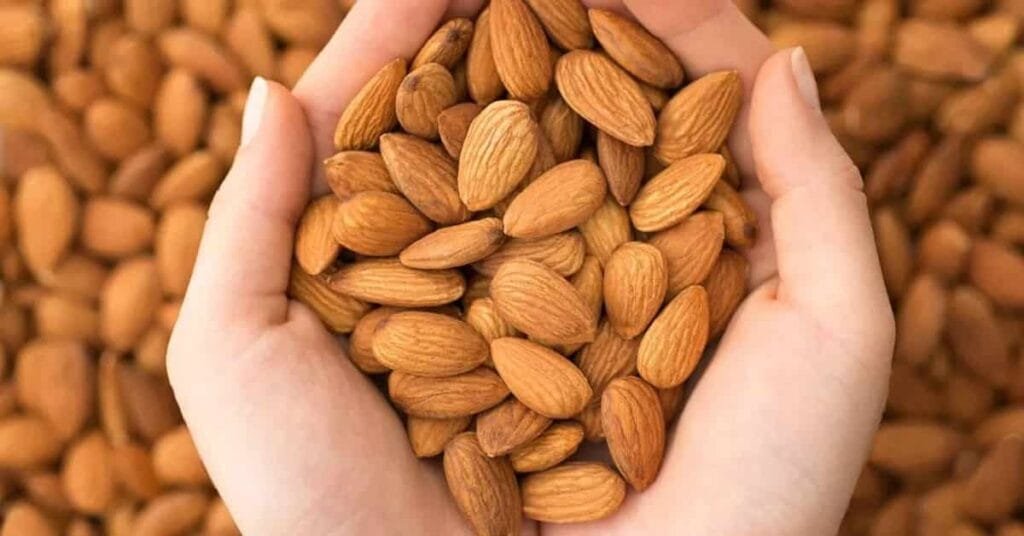Litchi, also spelled lychee (Litchi chinensis), is a tropical fruit native to the Guangdong and Guangxi provinces of China. Known for its unique sweet taste and fragrant aroma, litchi is a popular fruit across Asia and has gained popularity in other parts of the world as well. This small, round fruit has a bumpy red or pink skin and translucent white flesh. In addition to its delightful flavor, litchi is packed with nutrients and offers a variety of health benefits. Below, we’ll delve into the nutritional profile of litchi and explore its numerous advantages.
Nutritional Profile of Litchi (per 100 grams)
Here’s a breakdown of the nutritional content of raw litchi:
- Calories: 66
- Water: 81%
Macronutrients:
- Carbohydrates: 16.5 g
- Sugars: 14.5 g
- Dietary Fiber: 1.3 g
- Protein: 0.83 g
- Fat: 0.44 g
- Saturated Fat: 0.1 g
Vitamins:
- Vitamin C: 71.0 mg (about 79% of the Daily Value)
- Vitamin B6: 0.1 mg (about 5% of the Daily Value)
- Niacin (B3): 0.2 mg (about 1% of the Daily Value)
- Folate (B9): 35 µg (about 9% of the Daily Value)
Minerals:
- Potassium: 171 mg (about 4% of the Daily Value)
- Magnesium: 10 mg (about 3% of the Daily Value)
- Copper: 0.18 mg (about 9% of the Daily Value)
- Phosphorus: 34 mg (about 3% of the Daily Value)
- Calcium: 18 mg (about 2% of the Daily Value)
- Iron: 0.31 mg (about 2% of the Daily Value)
Health Benefits of Litchi
- High in Vitamin C:
- Litchi is an excellent source of vitamin C, a potent antioxidant that supports immune function, promotes skin health, and aids in wound healing. High vitamin C levels can help reduce oxidative stress and inflammation, contributing to overall health.
- Antioxidant Properties:
- In addition to vitamin C, litchi contains various flavonoids and polyphenols that have significant antioxidant properties. These compounds help neutralize free radicals in the body, reducing the risk of chronic diseases and promoting overall health.
- Supports Heart Health:
- The antioxidants and flavonoids present in litchi can help protect the heart by lowering blood pressure and reducing bad cholesterol (LDL) levels. The potassium in litchi also aids in regulating blood pressure, thus promoting cardiovascular health.
- Boosts Immune Function:
- The high vitamin C content in litchi strengthens the immune system, helping the body defend itself against infections and illnesses. Additionally, the antioxidants present may reduce inflammation, further enhancing immune response.
- Improves Digestion:
- The dietary fiber in litchi supports healthy digestion by promoting regular bowel movements and preventing constipation. Fiber is beneficial for gut health, aiding in the maintenance of a healthy digestive tract.
- Regulates Blood Sugar Levels:
- Studies suggest that the polyphenols in litchi may help regulate blood sugar levels by improving insulin sensitivity. While litchi is sweet and contains natural sugars, its fiber content and antioxidants can help mitigate any spikes in blood sugar.
- Aids Skin Health:
- The antioxidants and vitamin C in litchi contribute to skin health by helping to regenerate damaged skin cells and promoting a youthful appearance. The hydrating properties of litchi also keep the skin moisturized and can help reduce signs of aging.
- May Have Anti-Cancer Properties:
- Some studies have suggested that the antioxidants in litchi, specifically oligonol, have anti-cancer properties. Oligonol may inhibit tumor growth and prevent the spread of cancer cells, although more research is needed in this area.
- Promotes Weight Management:
- Litchi is low in calories while being naturally sweet, making it a satisfying snack that can satisfy sugar cravings without contributing significantly to calorie intake. Its fiber content can promote feelings of fullness and aid in weight management.
- Hydration:
- Litchi consists of approximately 81% water, making it an excellent fruit for hydration, especially in hot climates. Eating litchi can help replenish fluids lost through sweat and keep the body hydrated.
- Supports Bone Health:
- Litchi contains small amounts of calcium and magnesium, both of which contribute to bone density and health. While it should not be relied upon as a primary source of these minerals, its inclusion in a balanced diet can support bone health.
- Versatile Culinary Uses:
- Litchi can be enjoyed fresh, dried, or canned. Its unique sweetness makes it a delicious addition to fruit salads, desserts, smoothies, and savory dishes. Litchi juice is also a popular drink in many cultures. Its versatility allows for creative culinary expressions.
Conclusion
Litchi is a delicious and nutrient-rich tropical fruit that offers a wide range of health benefits. Its high content of vitamin C, antioxidants, and beneficial compounds make it a valuable addition to any diet. Whether enjoyed fresh or incorporated into various dishes, litchi not only delights the palate but also contributes to overall well-being.
Incorporating litchi into your meals can enhance flavor while providing essential nutrients.


